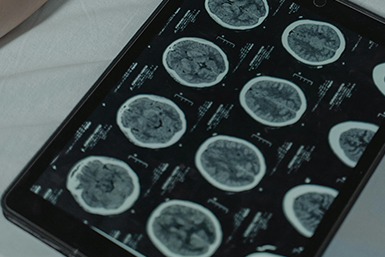The most reliable doctors in Mexico
Cancer Diagnosis: Early Detection and Considerations
Cancer is a complex disease that affects millions of people around the world. Early diagnosis is crucial for successful treatment and better survival. In recent decades, numerous methods and technologies have been developed to detect cancer in its early stages and provide patients with the best treatment options.


Imaging tests, such as x-ray, computed tomography (CT), magnetic resonance imaging (MRI) and ultrasound, are essential in cancer diagnosis. These techniques allow doctors to view internal tissues and detect the presence of tumors, as well as assess their size, location and extent. Some cancers produce specific chemicals that can be found in the blood or other body fluids. Tumor markers, such as prostate-specific antigen (PSA) for prostate cancer or carcinoembryonic antigen (CEA) for colorectal cancer, may help in diagnosis, treatment monitoring, and recurrence detection.
Despite technological advances, cancer diagnosis remains a complex process that requires a comprehensive assessment by a multidisciplinary medical team. It is essential to consider factors such as age, general health, family history, and patient preferences when making treatment decisions. Cancer diagnosis is essential for effective disease management and improved clinical outcomes.
Find information about specialist in Guadalajara

Learn more about it on this video
See our product recomendations in our store.
As Amazon affiliates, some purchases may earn us a commission.
See our product recomendations in our store.
As Amazon affiliates, some purchases may earn us a commission.


